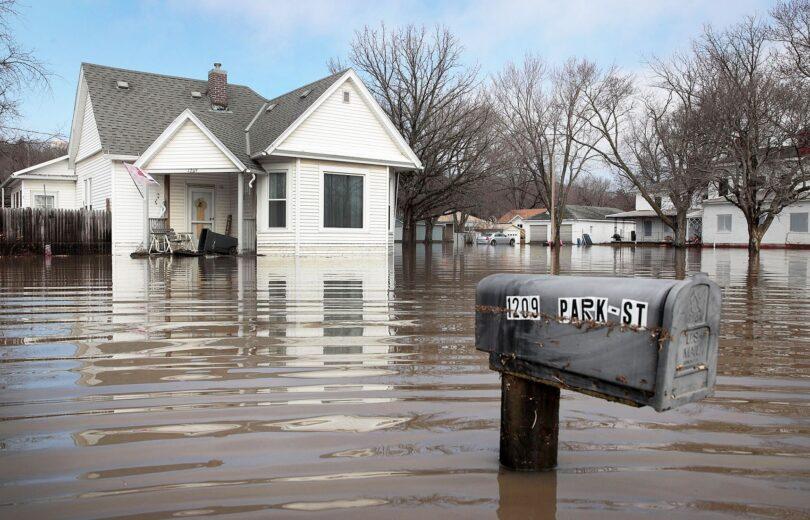Whether a flood is triggered by dropping water, groundwater, or house water system breakdown, there are some best practices you’ll require to use within the initial 24-hour after the flooding to make certain the security of your residence, as well as family and give you the most effective outcome possible with your insurer.
If you need help from a flood damage cleaning company, please contact with the given link.
- Avoid Added Risks
If the flooding was major sufficient for you to leave your home, be sure you remain secure upon your return. The Federal Emergency Monitoring Agency cautions that you must check for any type of visible architectural damages, such as loosened up, warping, or fractured structure splits, components, and openings before getting into the residence, as well as get in touch with electricity companies if you believe the damage to water, electric, gas, as well as sewage system lines.
- Take Pictures
Before you eliminate any type of water or make any type of repair services, fully document the damages for your insurance company by taking pictures or videos. Digital versions are best, due to the fact that they can be saved electronically as well as quickly copied. If you start getting rid of water or making repair services prior to you photo the damage, you could possibly reduce your insurance coverage.
- Protect Your Wellness
Also, if the water in your house is clear, it could be infected by sewage or home chemicals. Wear waders, hip- or waist-high water-proof boots. Furthermore, put on rubber gloves to eliminate water-damaged properties, as well as to prevent contaminants. Be sure to throw away any type of food that may have entered in contact with floodwaters. FEMA advises boiling water up until authorities proclaim the water supply is secure.
- Call Your Insurance Company
Because you should alert your insurance provider as soon as feasible after the flood, it’s a good idea to keep your insurance provider as well as your local agent’s phone number in your always-ready emergency bag. Note that the NFIP resolves exclusive insurance provider, so you call your insurance company just as you would for any kind of other kinds of claim. In situations where a flood has influenced a community, your representative might be busy handling her or his own flood issues. In that case, get in touch with the insurance company’s headquarters.
- Discover if You’re in a Disaster Area
As soon as an area has been officially proclaimed a “hot spot” by government authorities, property owners have accessibility to residential disaster restoration frisco tx, including public services to protect, as well as remediate the location. Furthermore, you may have access to monetary aid. Your insurance provider will have additional details on this or you can call FEMA directly.

